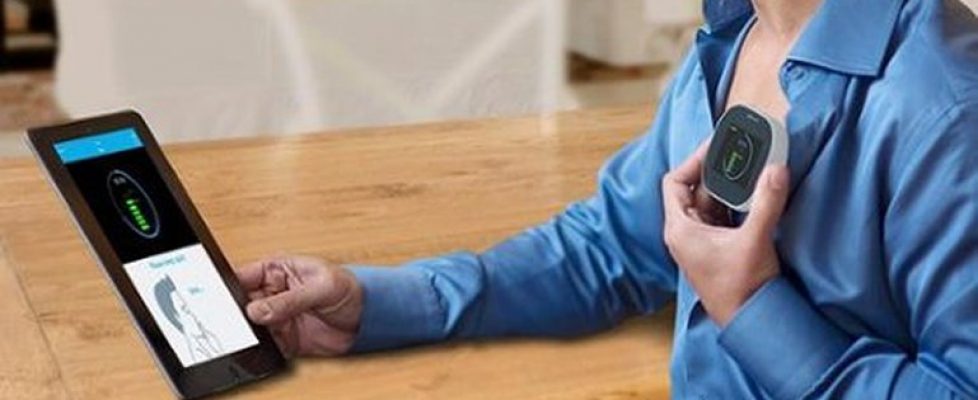Home health agencies expanding, rolling out more telehealth services
Author: Linda Wilson
Dive Brief:
- Home health agencies are growing their businesses, with 43% of them planning to expand or add services in the next two years, according to a survey of the companies from Definitive Healthcare, which sells data on healthcare providers.
- Telehealth will see a jump as almost 28% of agencies plan to launch those services. Nearly 21% already offer them, according to the report released Tuesday.
- Chronic care is another prominent area for the 159 home health agencies in the study. Nearly 70% now offer specialized services geared toward people with chronic illnesses, treating an average of nine diseases. Other common offerings are therapy services (85.5%) and homemaker services (50.9%), according to the study, which Definitive conducted in October.
Dive Insight:
The home health industry is poised for explosive growth, fueled by an aging population of baby boomers.
CMS also is enabling the industry’s growth and diversity of service offerings. For example, the agency began allowing Medicare Advantage plans to offer non-skilled, in-home support to their chronically ill beneficiaries this year.
As baby boomers become seniors, they “fall within the very age demographic most frequently suffering from chronic disease states and conditions, like Alzheimer’s, cardiac diseases, COPD, and diabetes,” Jason Krantz, CEO of Definitive Healthcare, said in a statement.
Home health agencies are responding to this demand with a variety of telehealth services, the study found. Nearly 73% offer remote patient monitoring with clinical grade devices and nearly 42% plan to add or expand this service in the next two years.
The majority (66.7%) offer remote monitoring with consumer devices, while nearly 35% plan to launch or expand this service in the next two years. Half of the home health agencies surveyed offer two-way video or webcam services and about a third plan to add or expand the service.
Other technology services home health agencies offer include: email (42.4%), medication management technology (42.4%), image sharing technology (36.4%), mobile apps for e-visits (33.3%), group video conferencing (33.3%) and population health tools such as texting (27.3%).
They’re planning to add or expand in a variety of areas including palliative care, veteran-specific care and mental health services.
When asked about the top challenges they face, hiring qualified staff ranked the highest among the survey respondents at home health agencies (61.6%), followed by profitability (42%), and an uncertain regulatory climate (34%).
Home health agencies are not the only ones in the industry expanding their services. Health systems also are moving into home care. The idea is to move patients who do not require continuous monitoring out of costly hospital settings sooner.
For example, Nashville-based Contessa Health, a provider of at-home care for patients recovering from non-life-threatening conditions, has inked contracts with Ascension, CommonSpirit Health, and Highmark Health.

